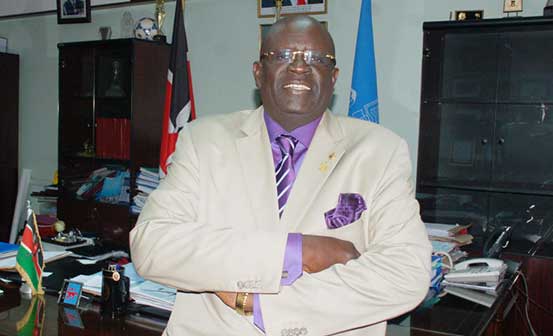×
The Standard e-Paper
Stay Informed, Even Offline

When George Magoha left the University of Nairobi, where he was vice chancellor, he never knew he would be called upon to clear the mess at the Kenya National Examinations Council (Knec).
In March 2016, President Uhuru Kenyatta appointed the professor to head the scandal-riddled agency whose national examination papers were being hawked in the streets long before the real tests were done.